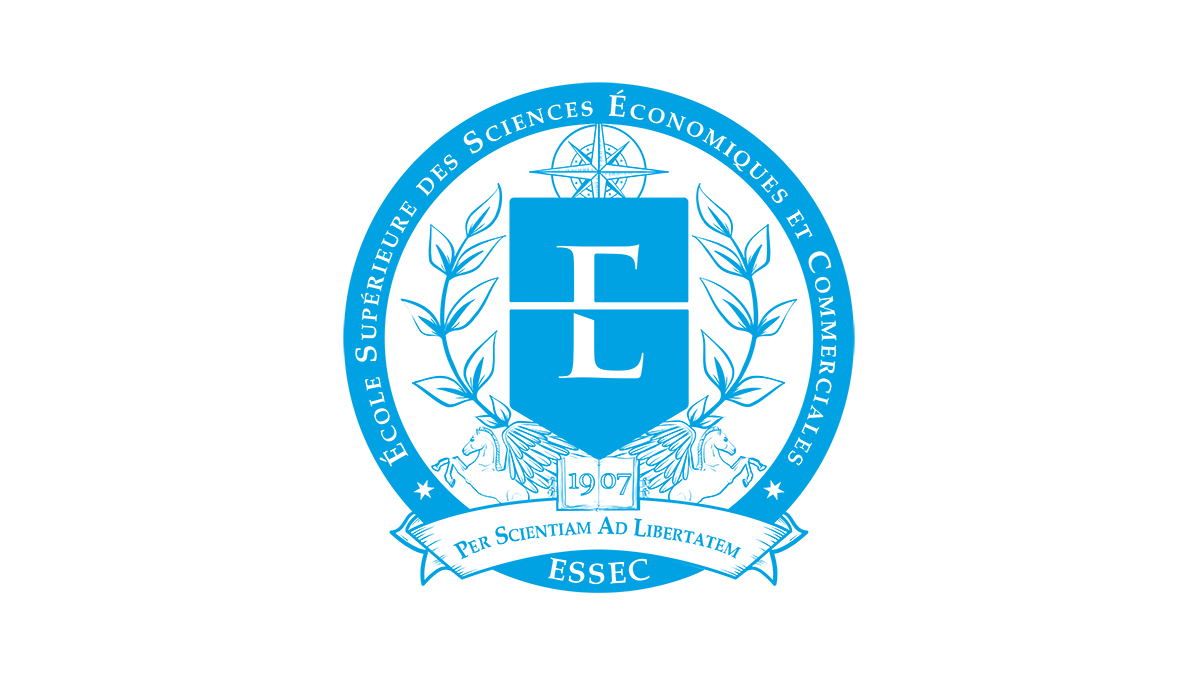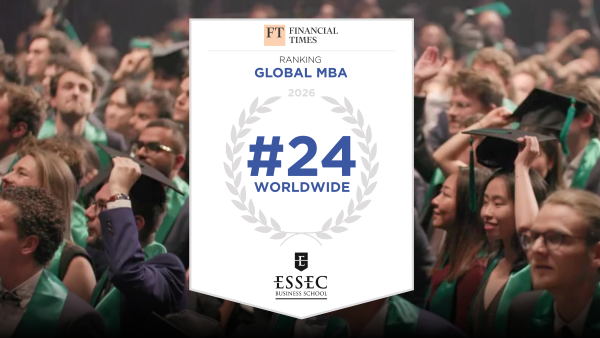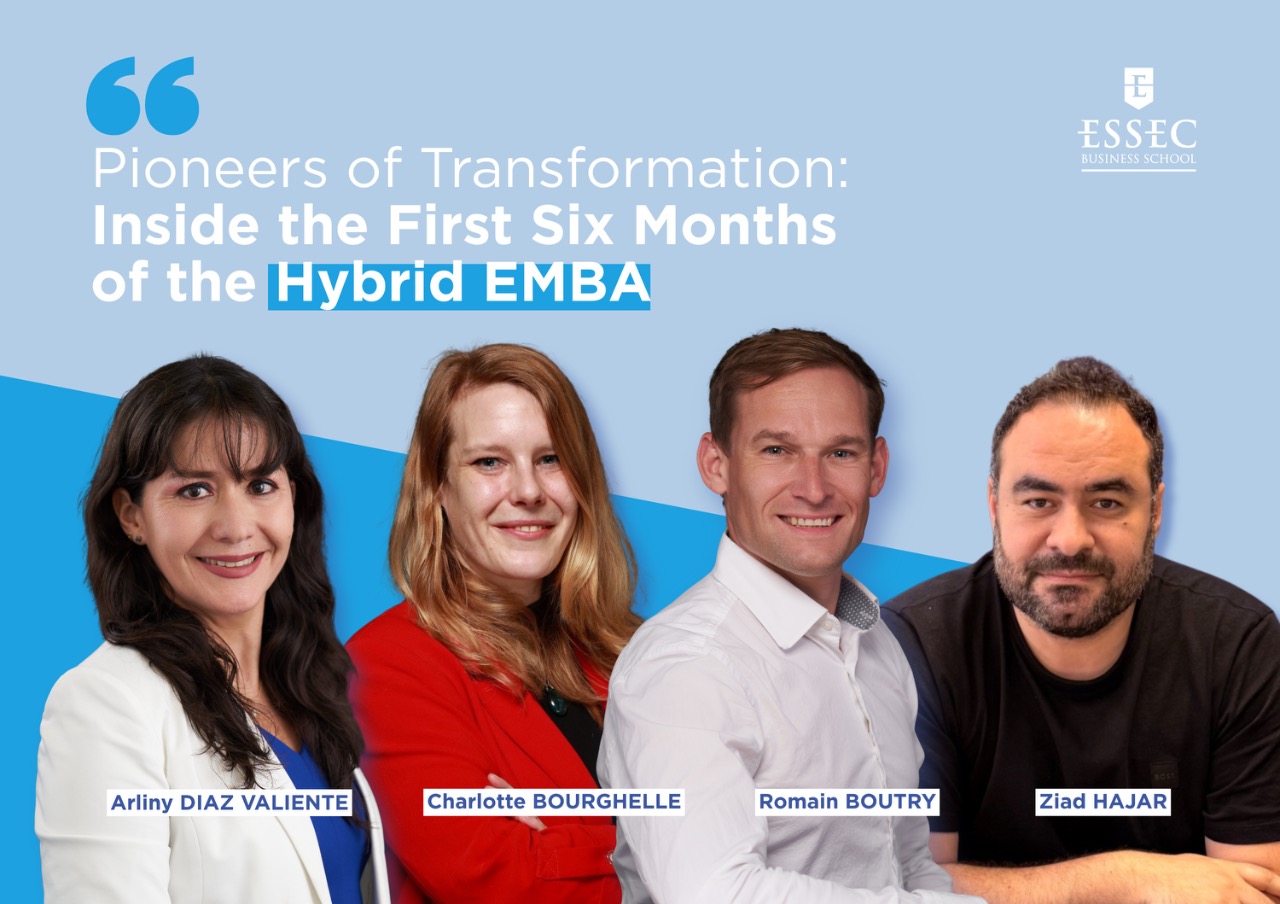A MedTech executive’s path to strategic leadership
Coming from corporate healthcare, Olivier had a strong prior understanding of doing business in the healthcare industry. However, the EMBA gave him that extra boost in areas like finance and marketing but, above all, allowed him to take a step back and gain a 360° strategic vision of a company: “With full responsibility of my P&L [profit and loss account], I changed my way to look at it and to manage it. I feel much more comfortable playing with financial KPI and with new Marketing strategies and tools. Even if I remain hands-on, I’m now able to take some distance and apply more strategic thinking and planning”.
Beyond technical knowledge, the program instilled in Olivier an entrepreneurial mindset thanks, among other things, to the Entrepreneurship & Innovation Project, a collaborative team project designed to foster innovation through the creation of a new business or the development of a product in an existing company. “We covered the creation of a new device, a new company, integrating design thinking. We have been trained to maximize our chances of success.” The entrepreneurial dimension is so present in the program that Olivier has come out of it with new ambitions: “I left ESSEC with a personal project in mind : bringing intrapreneurship to Olympus, and sooner or later becoming myself an entrepreneur in Healthcare. Dozens of future Unicorns already exist and new ideas come every day, thanks to AI and digitalization”.
Last, but certainly not least, the program reinforced the importance of collaboration. “Through collaboration in a multicultural environment, I learned to support, contribute and sometimes lead key projects across a wide variety of markets, brands and products. This is easily applicable to my market”.
The intersection of ethics and business in healthcare
While Sahlya is directly involved in patient care, medical diagnostics and clinical decision-making, Olivier’s job in corporate healthcare means he focuses on the business side of healthcare – sales, marketing, strategy and product development. This duality is a specificity of the healthcare industry, bringing with it particular questions around balancing the ethical responsibilities of the healthcare industry, which prioritizes human well-being, with the business goal of maintaining profitability.
Both professionals highlight this delicate balance between responsibility and profitability in their industry. “Regulation, compliance, and ethics are part of the healthcare industry, no matter where you are in the value chain. We are all here for the same reason: treating patients and providing the best care we could possibly achieve,” Sahlya emphasizes. Olivier Page echoes this sentiment. “Those objectives do not oppose each other. A bad, wrong, unsatisfying device, product or drug couldn’t last long. Each successful and profitable launch will generate R&D budgets which will be used to create future solutions to support well-being, improve patient safety, enhance early diagnosis, or cure more cancers.”
The complex regulatory landscape of the healthcare industry, while presenting a world of opportunities, also brings a lot of responsibilities for key actors like Sahlya and Olivier. The EMBA helps healthcare professionals like them navigate those complexities and leverage business knowledge to drive innovation and ethical decision-making in the industry.
Looking ahead: a vision for the future in a fast-changing industry
The EMBA has profoundly shaped Sahlya and Olivier’s career trajectories and perspectives on the future of healthcare. “It brought changes in my vision of the industry in terms of digitalization, the soaring use of AI and its impact, and understanding how the market is rapidly evolving,” Sahlya notes.
For Olivier, the EMBA reinforced a long-term ambition of impact on a larger scale. “More than ever, I want to define company strategy, in collaboration with experts. Even if I still think that I’m more legitimate in sales (double-digit growth is a standard), I now focus on profitability and on cash (which is king, whatever your market).”



